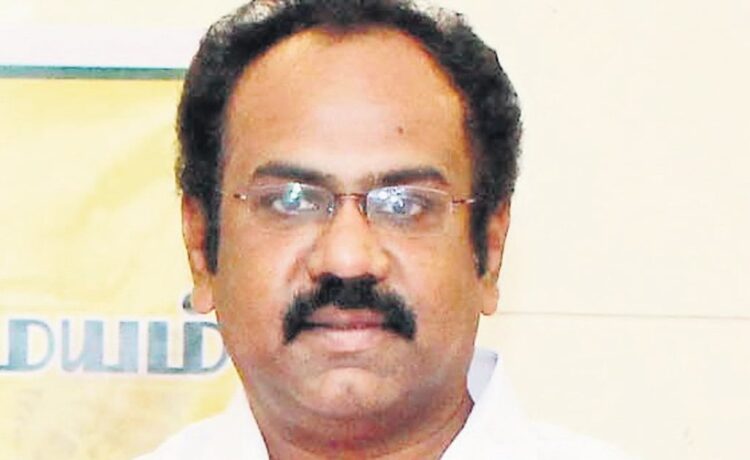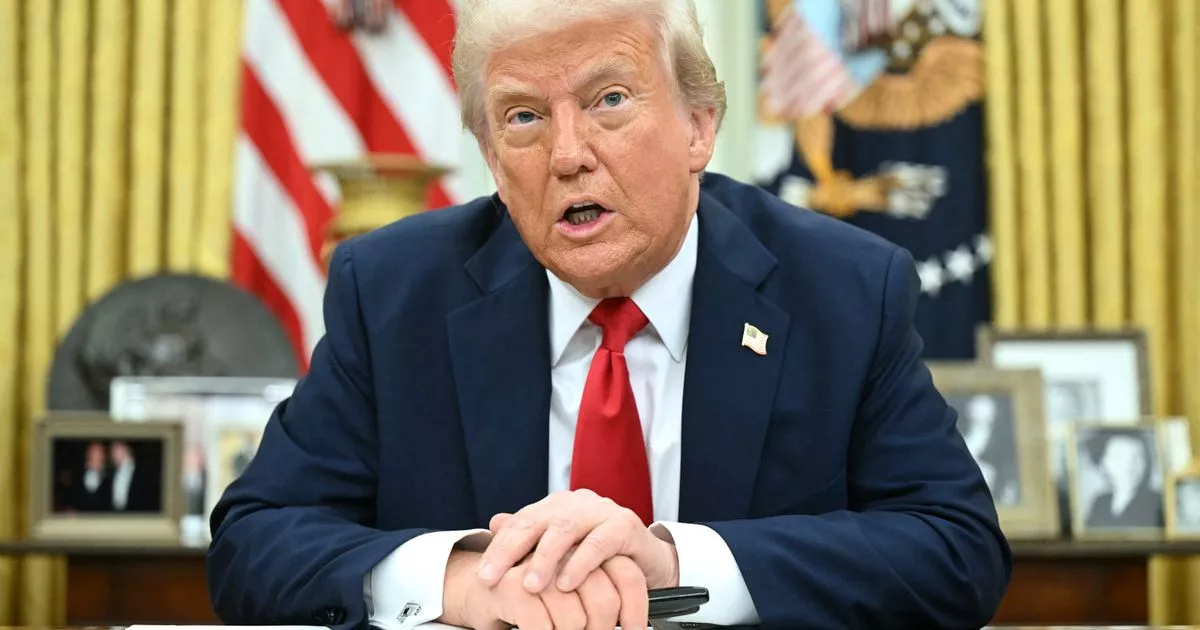CHENNAI: The Tamil Nadu cabinet on Tuesday gave its approval for 15 investment proposals of a total value of Rs 44,125 crore that are expected to generate over 24,700 jobs in the state. The cabinet also approved new policies in the energy sector for pumped storage projects, small hydel projects, and repowering of windmills.
According to Finance Minister Thangam Thennarasu, the new investments would be made in vehicle manufacturing, food processing, electronic goods manufacturing, renewable energy, and battery manufacturing sectors. The memoranda of understanding for a majority of these projects were signed during the Global Investors Meet held in January.
Some of the important projects that were approved by the cabinet are Sembcorp’s investment of Rs 21,340 crore in Thoothukudi district, which will create 1,114 jobs, and Motherson Electronics’ investment of Rs 2,600 crore in Kancheepuram, which aims to generate 2,200 jobs.
In Erode district, Milky Mist will invest Rs 1,777 crore in the food processing sector, providing jobs for 2,025 people. In Krishnagiri, LOHUM, a producer of sustainable energy transition and battery raw materials through recycling, will invest Rs 1,597 crore, employing 715 people. Besides, the cabinet also approved the expansion of the Global Capability Centres of UPS and AstraZeneca.
In a first-of-its-kind facility for industrial workers in the country, Chief Minister M K Stalin will soon inaugurate an 18,720-bed hostel for Foxconn workers constructed near Sriperumbudur at a cost of Rs 706.5 crore, the minister said.
CM is more concerned about employment generation: Raaja
About the CM’s upcoming foreign visit, Industries Minister TRB Rajaa, who was also present during the press briefing, said, “The CM is more concerned about employment generation than the quantum of investments coming into the state.
He also gives emphasis to decentralised growth and in generating high-end jobs for people. We wish to bring projects to districts across the state to ensure inclusive growth.”

















